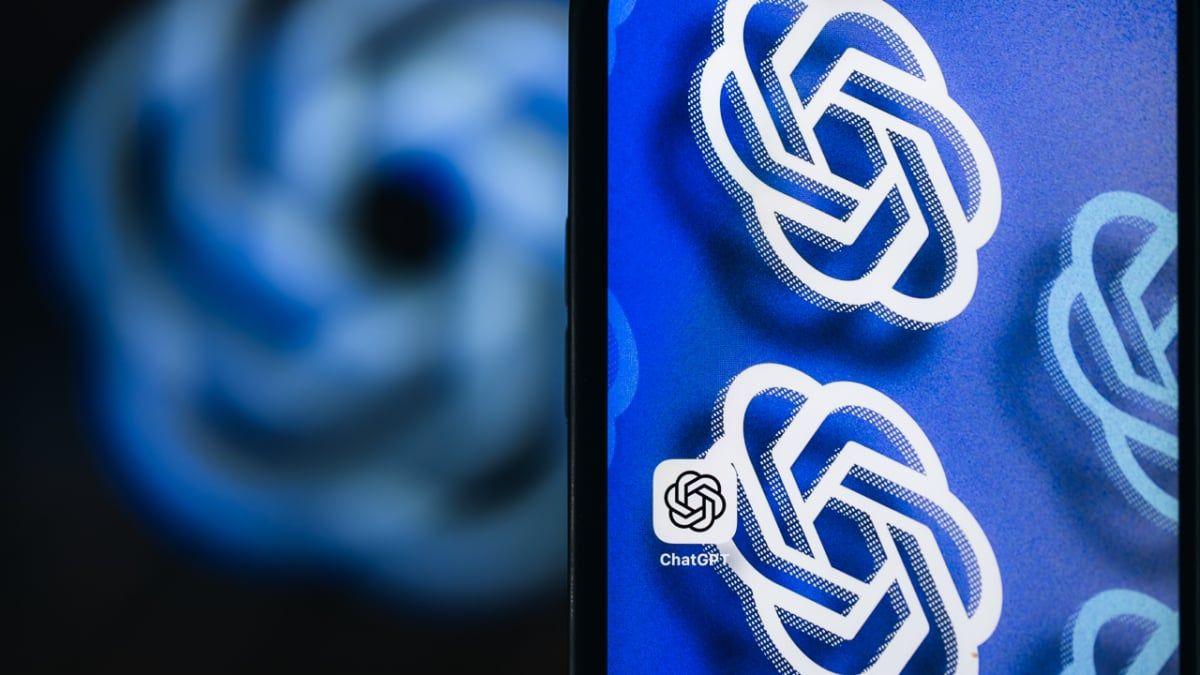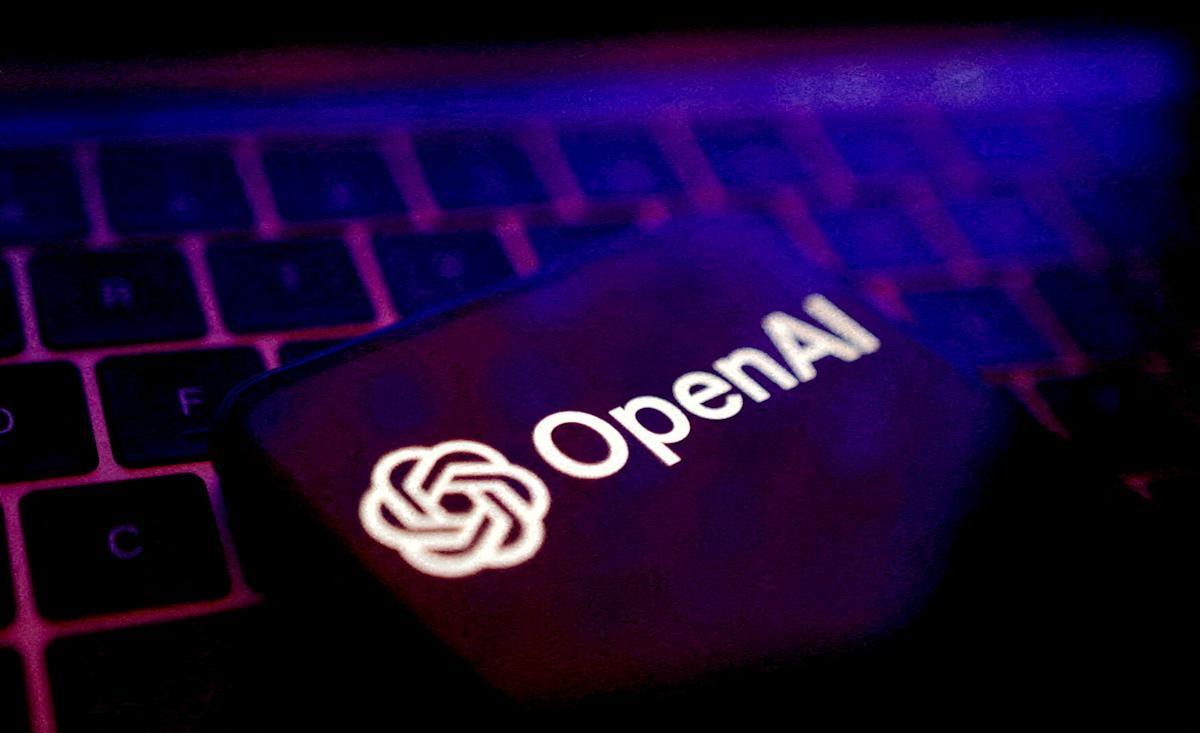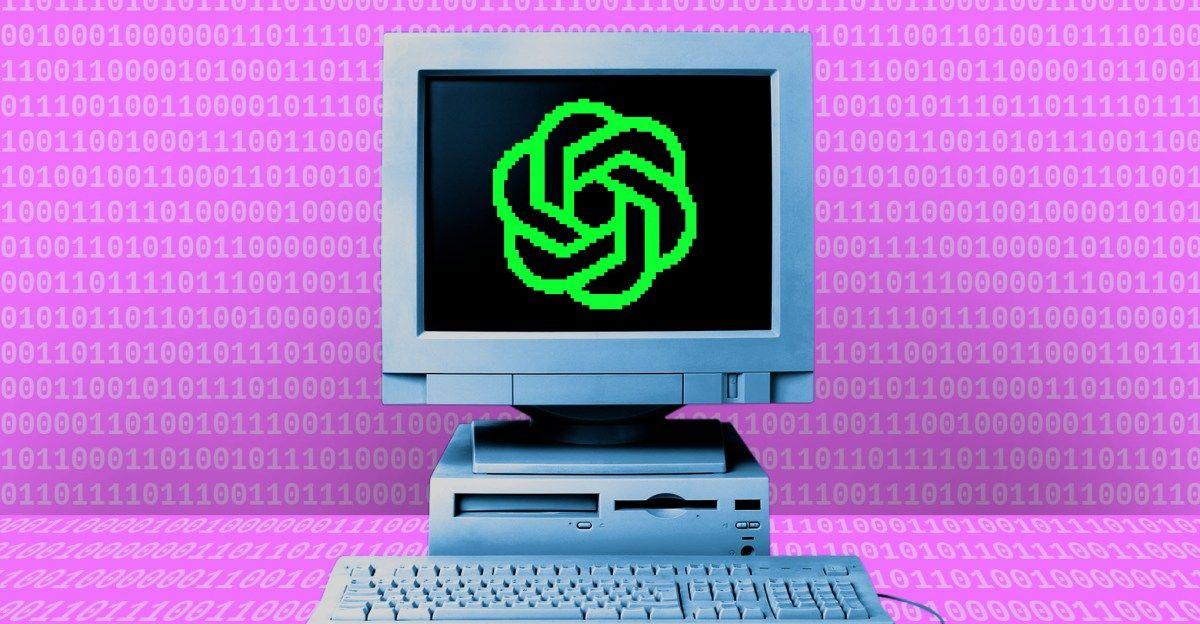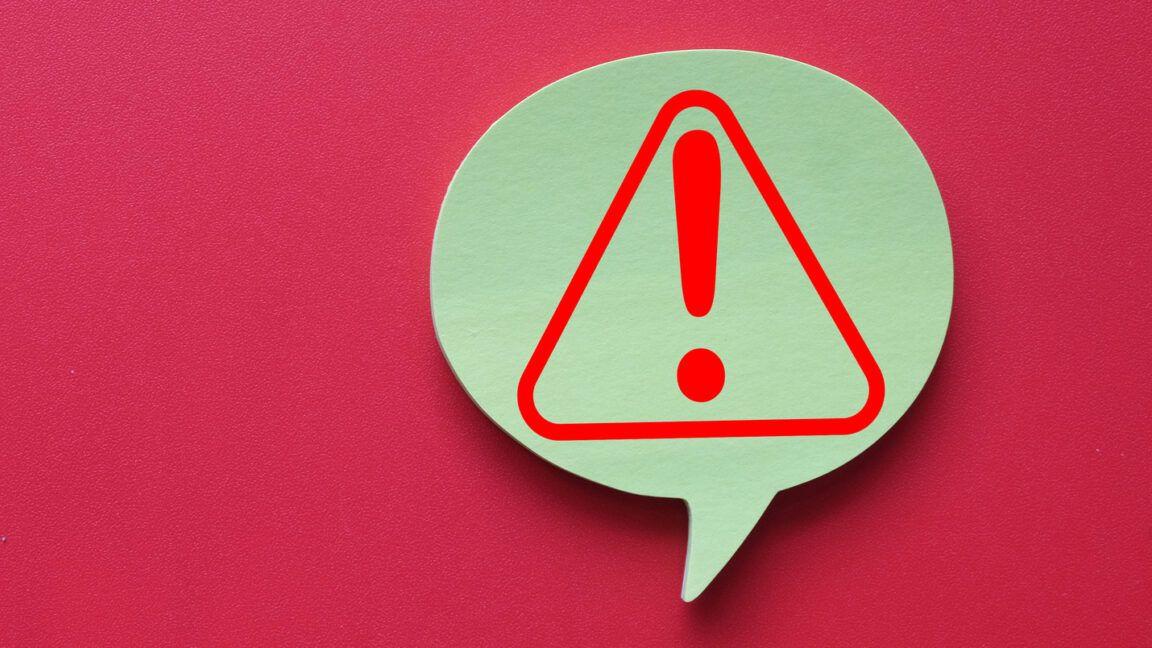OpenAI Freed from Court Order to Preserve All ChatGPT Logs
5 Sources
5 Sources
[1]
You Can Now Permanently Delete Your ChatGPT Conversations Again
Based in London, Will is passionate about the intersection of tech and human lives, with bylines in BBC News, Vice, and more. Don't miss out on our latest stories. Add PCMag as a preferred source on Google. Now, when you delete your old conversations with ChatGPT, the logs will actually be gone for good. Earlier this year, OpenAI was forced to retain users' deleted logs as part of its ongoing multibillion-dollar copyright lawsuit with The New York Times and other news organisations. The preservation order was handed out in the United States District Court for the Southern District of New York because the deleted chats were thought to possibly contain evidence of users prompting ChatGPT to generate copyrighted news articles. The order impacted hundreds of millions of ChatGPT Free, Plus, Pro, and Team users, as well as users of OpenAI's application programming interface (API), though the controversial retention policy did not impact ChatGPT Enterprise or ChatGPT Edu customers. Users with a Zero Data Retention agreement as part of their API use were also exempt The issue had caused outcry from some within the ChatGPT user community, and OpenAI's lawyers accused the NYT's lawyers of "overreach" for issuing the demands, saying that it "fundamentally conflicts with the privacy commitments" it made to its users. Meanwhile, OpenAI CEO Sam Altman called the NYT's data request "unconscionable" in a post on X. https://x.com/sama/status/1938277441400934447 But earlier this week, US Magistrate Judge Ona Wang approved a joint order, first spotted by ArsTechnica, to axe the preservation order. However, all of the deletions that had already been saved under the order will still be accessible to the NYT's lawyers as evidence. Even if you can now delete your chats from ChatGPT logs permanently -- it's probably still not a great idea to share your darkest secrets with the tool. Earlier this year, OpenAI CEO Sam Altman warned that your ChatGPT conversations aren't legally protected and could be presented in court during lawsuits. In an appearance on Theo Von's This Past Weekend podcast, Altman warned that OpenAI cannot block those conversations from being used as evidence. Disclosure: Ziff Davis, PCMag's parent company, filed a lawsuit against OpenAI in April 2025, alleging it infringed Ziff Davis copyrights in training and operating its AI systems.
[2]
OpenAI no longer has to preserve all of its ChatGPT data, with some exceptions
The controversial preservation order requiring OpenAI to indefinitely keep records of its ChatGPT data has been terminated. Federal judge Ona T. Wang filed a new order on October 9 that frees OpenAI of an obligation to "preserve and segregate all output log data that would otherwise be deleted on a going forward basis." The case kicked off in late 2023, with the New York Times suing OpenAI for copyright infringement, alleging that the AI giant trained its models with the news outlet's intellectual property without proper compensation. In May of this year, OpenAI was ordered to retain all of its chat logs so that the NYT could investigate claims of copyright violation. In response, OpenAI appealed the court order, arguing that the preservation order was an "overreach" and risks its users' privacy. However, this latest decision means the AI giant no longer has to preserve chat logs as of September 26, except for some. The judge in the case said that any chat logs already saved under the previous order would still be accessible and that OpenAI is required to hold on to any data related to ChatGPT accounts that have been flagged by the NYT. Moving forward, the NYT is allowed to expand the number of flagged users, as it continues to comb through OpenAI's preserved records.
[3]
OpenAI no longer required to store all users' deleted ChatGPT logs after court ruling
Serving tech enthusiasts for over 25 years. TechSpot means tech analysis and advice you can trust. A hot potato: OpenAI will no longer be forced to record all ChatGPT users' deleted chats indefinitely. The AI giant had to adhere to the requirement as part of a lawsuit brought by The New York Times, but the preservation order was terminated last week. In December 2023, The New York Times sued OpenAI over some very familiar claims: that it had used the publication's copyrighted material in its training data. The suit states that millions of the Times' news articles, in-depth investigations, opinion pieces, reviews, how-to guides, and more were used to train OpenAI's chatbots, which now compete with the news outlet as a source of information. In June 2025, the court ordered OpenAI to retain its consumer and API customer chat logs indefinitely, including any that had been deleted, so they could be investigated to decide whether the chatbot can be prompted to reproduce copyrighted articles originally published on the web. OpenAI complained that the order went too far and didn't respect its users' privacy. It appealed but lost. Ars Technica writes that plaintiffs were searching through the logs by July, though only ChatGPT's outputs were preserved. On Thursday, US Magistrate Judge Ona Wang approved a joint measure from the news organizations and OpenAI to terminate the preservation order. Ars writes that some deleted and temporary chats from users whose domains have been flagged by news organizations since they began searching through the data will continue to be monitored. The practice of preserving all output log data that would otherwise be deleted will cease on September 26. However, all the chat logs previously saved as part of the preservation order will continue to be accessible to the news organizations, which are searching for examples of ChatGPT outputs infringing their articles or attributing misinformation to their publications. OpenAI has been sued on numerous occasions over allegations that it uses copyrighted works in its training data. The Authors Guild and individual authors such as John Grisham and George R.R. Martin have an active case against the company. It's also been sued by Ziff Davis and several other national and international newspapers and publishers. OpenAI frequently argues that this practice falls under US copyright law's "fair use" doctrine, but most people outside of the AI industry disagree.
[4]
OpenAI Will Stop Saving Users' Deleted Posts
A controversial court order has forced OpenAI to save deleted users posts "indefinitely" as part of its ongoing legal battle with the New York Times. However, it appears that's mostly overâ€"for now. OpenAI was sued by the Times in December 2023 for allegedly using the Times's copyrighted material to train its algorithm. Other news organizations also joined the litigation. As part of that case, the AI company was previously ordered to retain its chat logs "indefinitely"â€"including deleted onesâ€"so that they could be examined for potential evidence related to the case. Ars Technica previously noted that this court order was quite sweeping, and impacted the privacy of "hundreds of millions of ChatGPT users globally." Indeed, OpenAI notably made a big stink about the order when it was instituted, characterizing it as an attack on users' privacy. "The New York Times and other plaintiffs have made a sweeping and unnecessary demand in their baseless lawsuit against us: retain consumer ChatGPT and API customer data indefinitely," said Brad Lightcap, COO, OpenAI, in June. Well, it appears the Great Chat Log Retention Saga has come to a close. Ars now reports that, on Thursday, U.S. Judge Ona Wang approved a joint measure that had been submitted by both OpenAI and the Times, which nixed the preservation order that had previously been in place, allowing the company to actually delete the deleted chat logs. That said, Ars notes that "deleted and temporary chats will still be monitored" for some users, although it's a little unclear who might be impacted. The chat logs that have already been retained will continue to be made accessible to the news organizations involved in the legal case, as part of the effort to uncover examples of chatbot "outputs infringing their articles or attributing misinformation to their publications," Ars notes. While the chat log retention drama may be over, what isn't over is the battle over copyright law currently embroiling the AI industry. At this point, OpenAI has been sued many, many times on similar grounds. So have other AI firms. The copyright issues surrounding generative AI are still largely unsettledâ€"or, rather, are in the process of being settled via the ongoing legal battles that are currently unfolding.
[5]
Judge lifts order requiring OpenAI to preserve ChatGPT logs
A small but significant victory for OpenAI: the court order requiring the company to preserve all of its ChatGPT data indefinitely has been lifted. The original May 13 order -- which OpenAI vehemently opposed -- stemmed from an ongoing lawsuit filed by the New York Times in 2023. The paper alleges that OpenAI trained its AI models on Times content without proper authorization or compensation. The NYT is one of several news publishers currently suing OpenAI and Microsoft for copyright infringement, including The Intercept, Alternet, and Mashable's own parent company, ZiffDavis. In a new order filed on Oct. 9, federal judge Ona T. Wang released OpenAI from its obligation to "preserve and segregate all output log data that would otherwise be deleted on a going-forward basis." With a few exceptions, the company is no longer required to maintain logs past Sept. 26. The initial preservation order had allowed NYT to investigate its claims of copyright infringement. OpenAI, however, argued that the requirement was an "overreach" -- one that could compromise user privacy and data security. The company ultimately lost that fight, with Judge Wang ruling that ChatGPT users are "non-parties" to the lawsuit. By July, the plaintiffs had begun combing through the preserved logs, which largely consisted of ChatGPT outputs. Although the preservation order has now been rescinded, any logs saved under it remain accessible. OpenAI is also still required to retain logs linked to accounts specifically flagged by the New York Times.
Share
Share
Copy Link
A federal judge has lifted the requirement for OpenAI to indefinitely preserve ChatGPT conversation logs, marking a significant development in the ongoing copyright lawsuit with The New York Times and other news organizations. This decision impacts user privacy and data retention policies in AI.
OpenAI Freed from Obligation to Preserve All ChatGPT Logs
In a significant development for user privacy and data retention policies, OpenAI has been released from a court order that required the company to indefinitely preserve ChatGPT conversation logs. This decision marks a turning point in the ongoing legal battle between OpenAI and several news organizations, most notably The New York Times, over alleged copyright infringement
1
2
3
4
5
.
Source: TechSpot
Background of the Legal Dispute
The controversy began in December 2023 when The New York Times sued OpenAI, claiming that the AI company had used its copyrighted material to train ChatGPT without proper authorization or compensation
3
4
. This lawsuit was part of a broader trend of legal challenges against AI companies, with other news outlets and publishers joining the fray3
5
.The Preservation Order and Its Impact
In May 2025, as part of the legal proceedings, a court ordered OpenAI to retain all chat logs indefinitely, including those deleted by users
1
2
. This preservation order affected hundreds of millions of ChatGPT users globally, spanning Free, Plus, Pro, and Team tiers, as well as API users1
. The order was met with significant opposition from OpenAI, which argued that it was an overreach and violated user privacy commitments1
2
4
.
Source: Mashable
OpenAI's Response and Privacy Concerns
OpenAI CEO Sam Altman publicly criticized the data request, calling it "unconscionable" in a post on X (formerly Twitter)
1
. The company's legal team argued that the preservation order fundamentally conflicted with the privacy commitments made to users1
2
. This stance highlighted the tension between legal discovery processes and user privacy in the digital age.The New Ruling and Its Implications
On October 9, 2025, U.S. Magistrate Judge Ona Wang approved a joint order to terminate the preservation requirement
1
2
3
4
5
. Key points of the new ruling include:- OpenAI is no longer required to preserve chat logs after September 26, 2025
2
3
. - Previously saved logs under the original order will remain accessible to the plaintiffs
1
2
3
4
5
. - OpenAI must continue to retain data related to ChatGPT accounts flagged by the New York Times
2
4
5
.
Ongoing Privacy and Legal Considerations
While this ruling represents a victory for OpenAI in terms of data retention policies, it doesn't entirely resolve the privacy concerns surrounding AI chatbots. Sam Altman has previously warned that ChatGPT conversations are not legally protected and could potentially be used as evidence in court
1
. This caveat underscores the importance of user discretion when sharing sensitive information through AI platforms.
Source: Engadget
The Broader Context of AI and Copyright Law
The lawsuit against OpenAI is part of a larger debate about the use of copyrighted material in AI training. Many AI companies, including OpenAI, argue that their use of such material falls under the "fair use" doctrine of U.S. copyright law
3
. However, this interpretation is contested by content creators and publishers who seek compensation and control over how their work is used in AI development3
5
.As the legal landscape surrounding AI and copyright continues to evolve, this case and others like it will likely play a crucial role in shaping the future of AI development, content creation, and digital privacy.🟡 unsurpassed_value=🟡### OpenAI Freed from Obligation to Preserve All ChatGPT Logs
In a significant development for user privacy and data retention policies, OpenAI has been released from a court order that required the company to indefinitely preserve ChatGPT conversation logs. This decision marks a turning point in the ongoing legal battle between OpenAI and several news organizations, most notably The New York Times, over alleged copyright infringement
1
2
3
4
5
.
Source: TechSpot
Background of the Legal Dispute
The controversy began in December 2023 when The New York Times sued OpenAI, claiming that the AI company had used its copyrighted material to train ChatGPT without proper authorization or compensation
3
4
. This lawsuit was part of a broader trend of legal challenges against AI companies, with other news outlets and publishers joining the fray3
5
.Related Stories
The Preservation Order and Its Impact
In May 2025, as part of the legal proceedings, a court ordered OpenAI to retain all chat logs indefinitely, including those deleted by users
1
2
. This preservation order affected hundreds of millions of ChatGPT users globally, spanning Free, Plus, Pro, and Team tiers, as well as API users1
. The order was met with significant opposition from OpenAI, which argued that it was an overreach and violated user privacy commitments1
2
4
.
Source: Mashable
OpenAI's Response and Privacy Concerns
OpenAI CEO Sam Altman publicly criticized the data request, calling it "unconscionable" in a post on X (formerly Twitter)
1
. The company's legal team argued that the preservation order fundamentally conflicted with the privacy commitments made to users1
2
. This stance highlighted the tension between legal discovery processes and user privacy in the digital age.The New Ruling and Its Implications
On October 9, 2025, U.S. Magistrate Judge Ona Wang approved a joint order to terminate the preservation requirement
1
2
3
4
5
. Key points of the new ruling include:- OpenAI is no longer required to preserve chat logs after September 26, 2025
2
3
. - Previously saved logs under the original order will remain accessible to the plaintiffs
1
2
3
4
5
. - OpenAI must continue to retain data related to ChatGPT accounts flagged by the New York Times
2
4
5
.
Ongoing Privacy and Legal Considerations
While this ruling represents a victory for OpenAI in terms of data retention policies, it doesn't entirely resolve the privacy concerns surrounding AI chatbots. Sam Altman has previously warned that ChatGPT conversations are not legally protected and could potentially be used as evidence in court
1
. This caveat underscores the importance of user discretion when sharing sensitive information through AI platforms.
Source: Engadget
The Broader Context of AI and Copyright Law
The lawsuit against OpenAI is part of a larger debate about the use of copyrighted material in AI training. Many AI companies, including OpenAI, argue that their use of such material falls under the "fair use" doctrine of U.S. copyright law
3
. However, this interpretation is contested by content creators and publishers who seek compensation and control over how their work is used in AI development3
5
.As the legal landscape surrounding AI and copyright continues to evolve, this case and others like it will likely play a crucial role in shaping the future of AI development, content creation, and digital privacy.
References
Summarized by
Navi
[4]
Related Stories
OpenAI Forced to Retain Deleted ChatGPT Conversations Amid NYT Lawsuit, Sparking Privacy Concerns
06 Jun 2025•Technology

OpenAI Battles Court Order to Hand Over 20 Million Private ChatGPT Conversations in NYT Copyright Case
12 Nov 2025•Policy and Regulation

OpenAI ordered to hand over 20 million ChatGPT logs in New York Times copyright lawsuit
04 Dec 2025•Policy and Regulation

Recent Highlights
1
OpenAI secures $110 billion funding round from Amazon, Nvidia, and SoftBank at $730B valuation
Business and Economy

2
Pentagon accepts OpenAI's autonomous weapons restrictions after blacklisting Anthropic
Policy and Regulation

3
Trump orders federal agencies to ban Anthropic after Pentagon dispute over AI surveillance
Policy and Regulation





